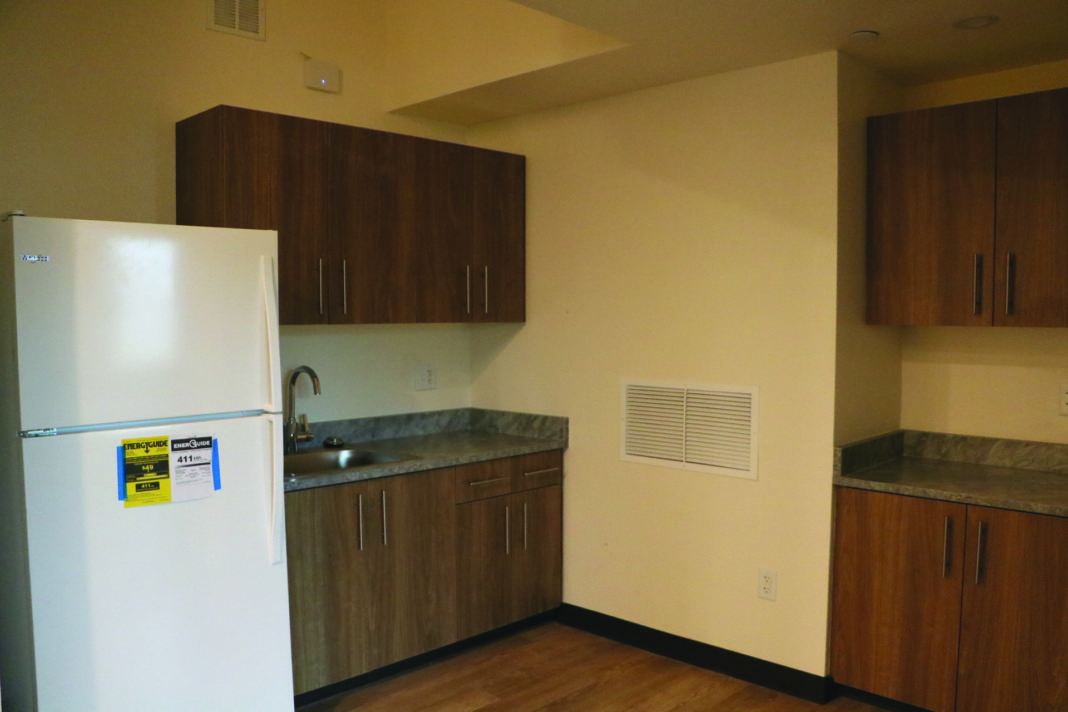A republic such as ours is bound together by two overarching ideas, that of obligation (or duty) and that of right.
First there is the duty that each citizen has towards every other citizen, a duty that cannot be ignored lest society itself should fall into chaos and violence. This duty can be summed up as follows: you must not allow another human being to suffer from a lack of basic necessities if you have the power to relieve them of this suffering. We can use food as the most basic example of this. If you see someone who is starving and you have food, it is your duty to share food with that person. A failure to do so constitutes not only a crime against the starving person, but against society as a whole.
Second, there is the right of the citizens against the government. This is something that is relatively well known to most Americans, and so will be dealt with briefly. The citizen has the right to speak out against the government, the right to be secure in his property and papers from unwarranted searches and seizures, the right to bear arms, the right to not incriminate himself, etc.
Third, there is the duty that society has towards its citizens. This usually (but not always) manifests itself as duties of the government and its various institutions towards the people. For example, it is the duty of the government to protect the people from violence, whether it be the direct violence of murder or assault, or the indirect violence of poverty, homelessness, exploitation, fraud, or deception. In other words, the government has a duty to prevent and a duty to provide. In some cases the only way to prevent something is to provide for its opposite. For example, the only way to prevent poverty is to provide a secure, reliable social safety net, and the only way to prevent homelessness is to provide housing.
Colorado Mesa University (CMU) is a public university and institution of the government, and thus shares many of its duties. These duties are primarily to its students and staff, who make CMU what it is. The first duty that CMU has is to provide its students with a stable and secure environment for academic studies. This includes providing food and housing at a reasonable cost to every student who needs them.
Though CMU has a variety of dormitories which students can live in, it does not have an official program to aid students who are seeking off campus housing. It has a digital portal on its website with some listings, but nothing else. So, if you are a student seeking off campus housing, you are basically told that you are on your own. This is an egregious failure on the part of CMU to carry out its duties towards those it serves, and reflects a much broader failure by the United States government as a whole.
How is it that CMU is making over $100 million a year, but is unable to provide housing for all of its students on campus, or even have a bare bones program to help students find housing off campus? A single digital portal with vague advice about how to rent an apartment does not constitute an off campus housing program. You would think that a university that receives public funding while also charging extortionate tuition rates (as all American universities do) would be capable of such a simple task. It seems, however, that we are overestimating the cognitive capabilities of CMU’s administrators, and underestimating the scale of their money hungry depravity.
A public institution that refuses to fully carry out the duties it has towards its members is not a legitimate institution, it is a criminal syndicate disguising itself behind lofty phrases about community service and the greater good. It is not only the right, but the duty of the people to alter or abolish such an institution, so that justice can be given to all who yearn for it.




